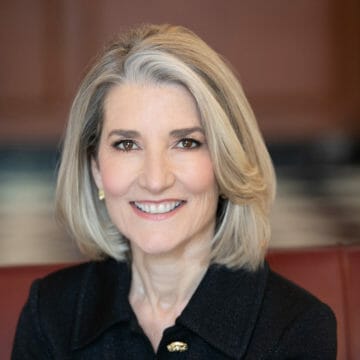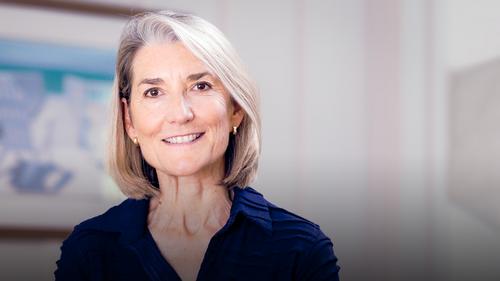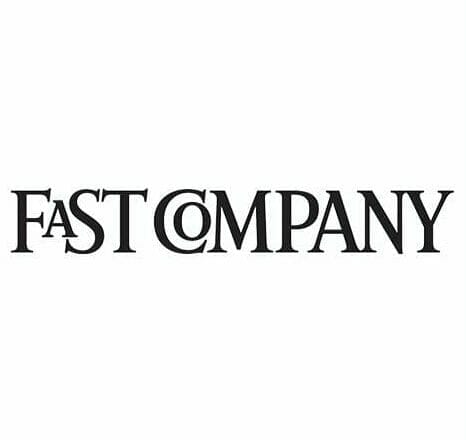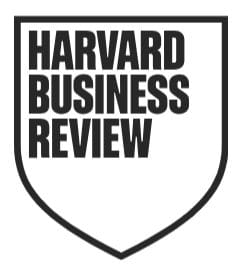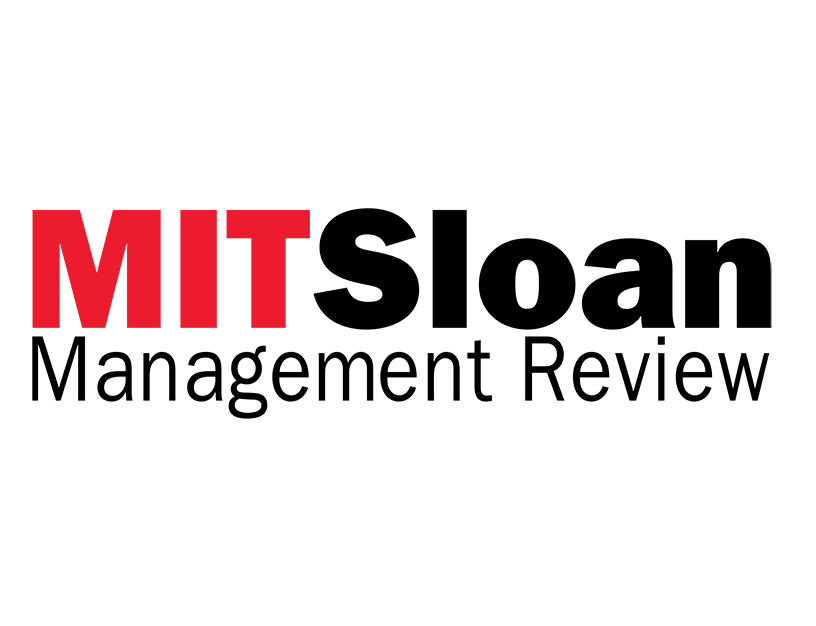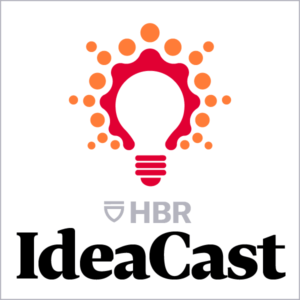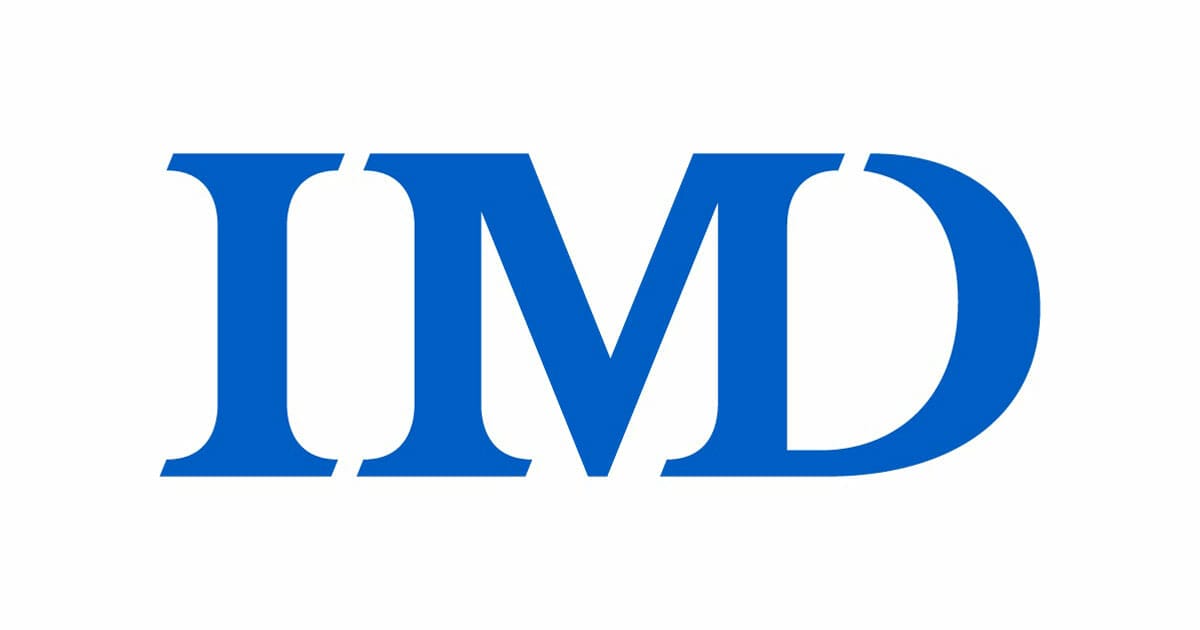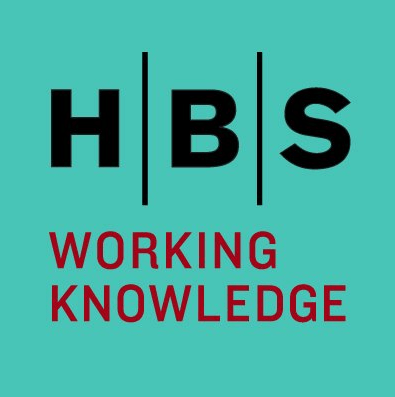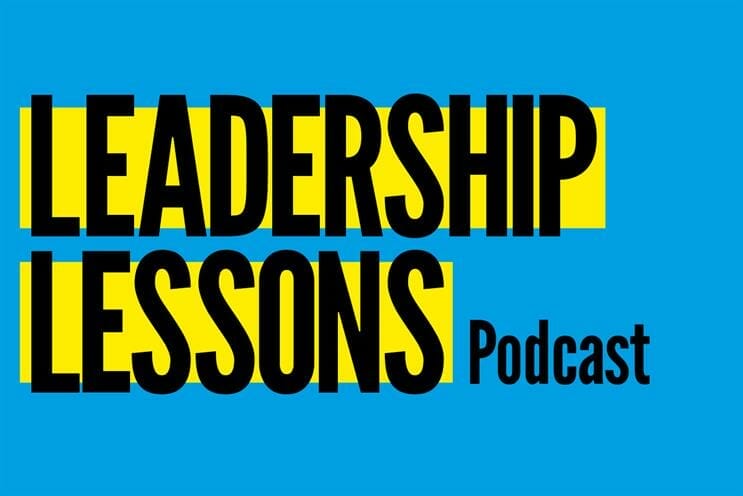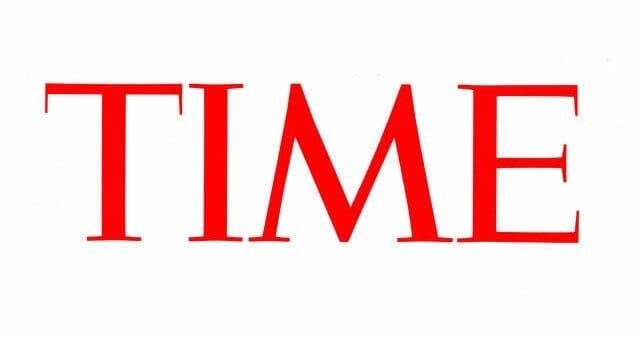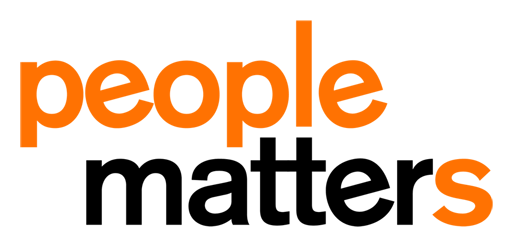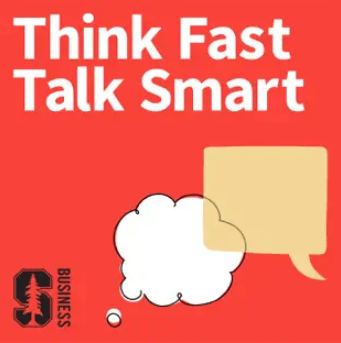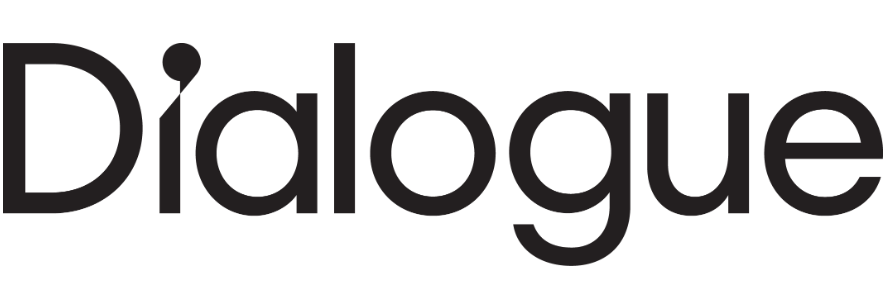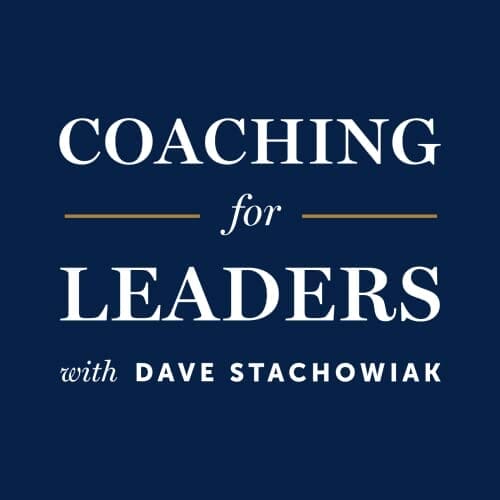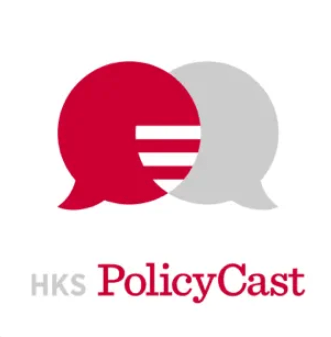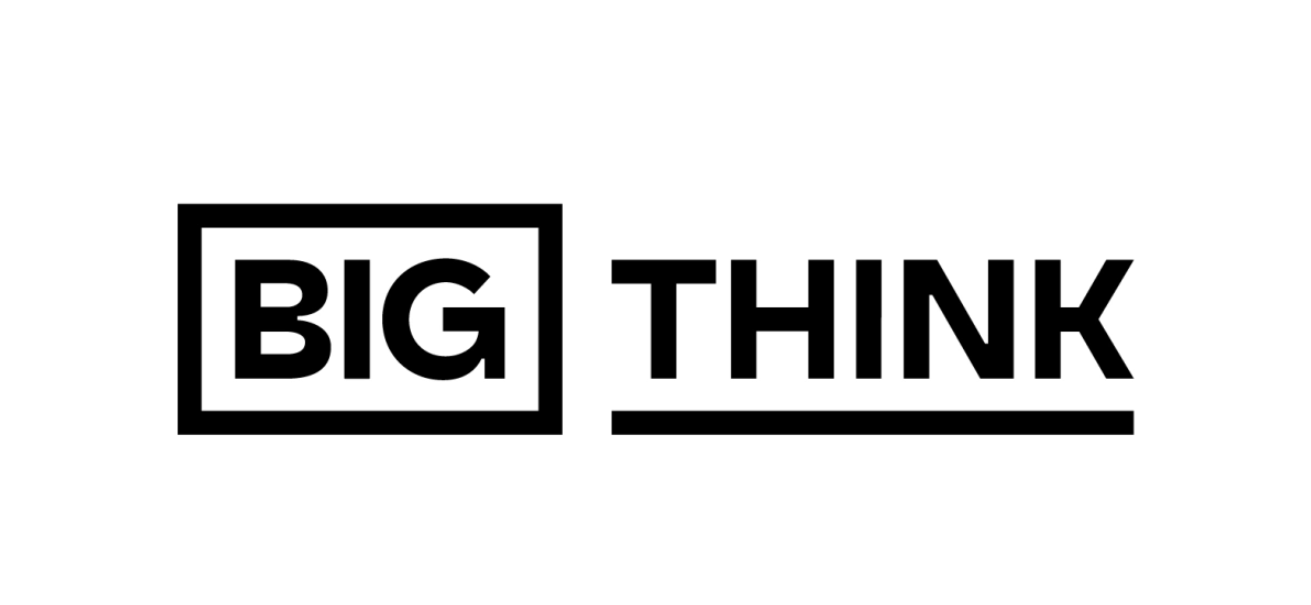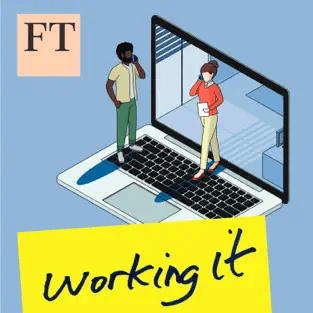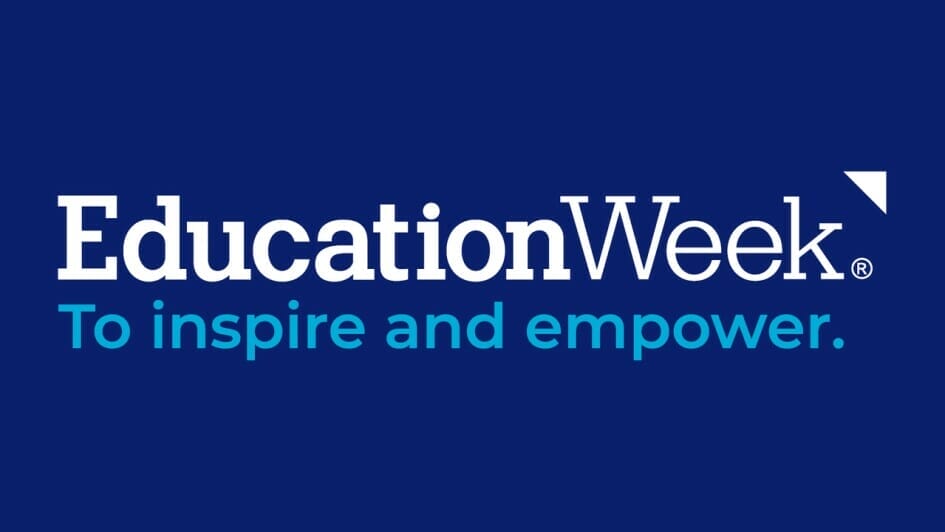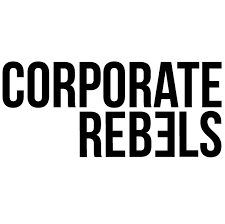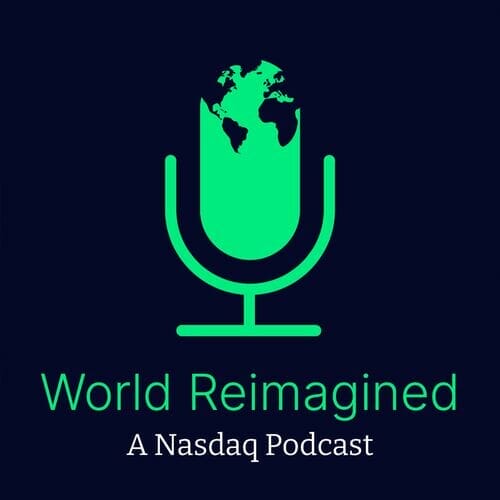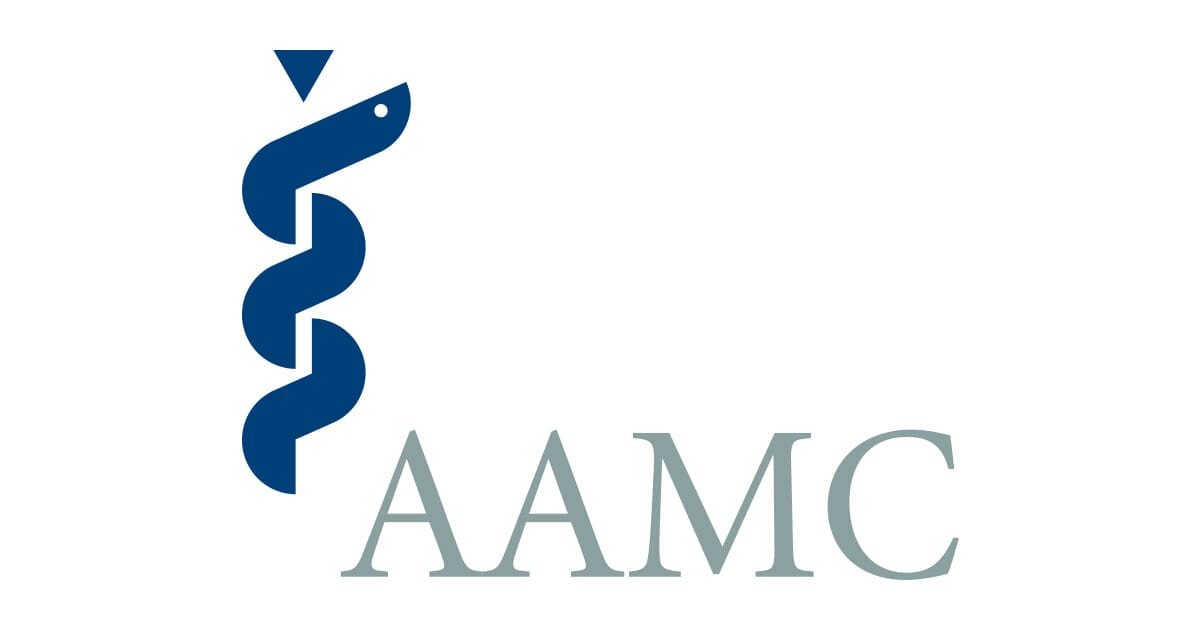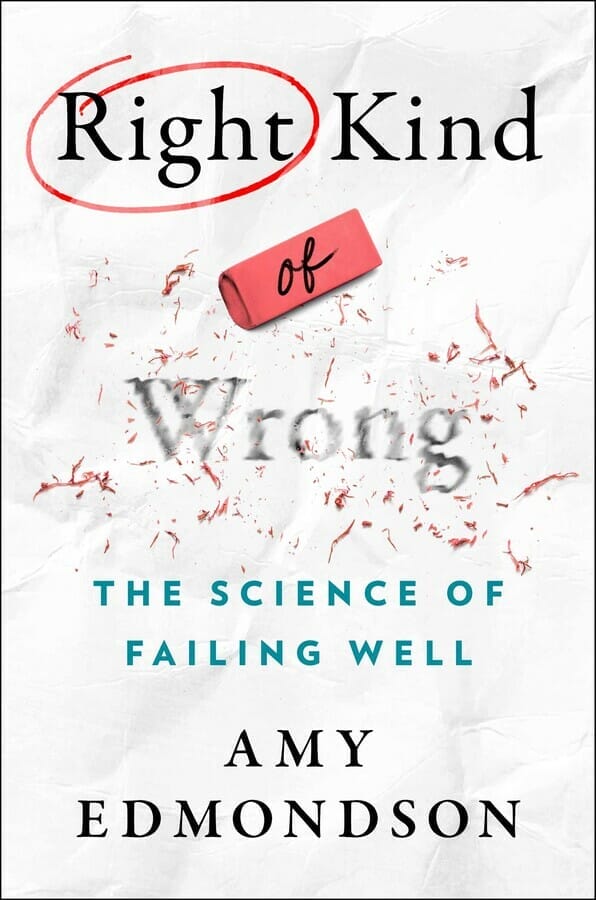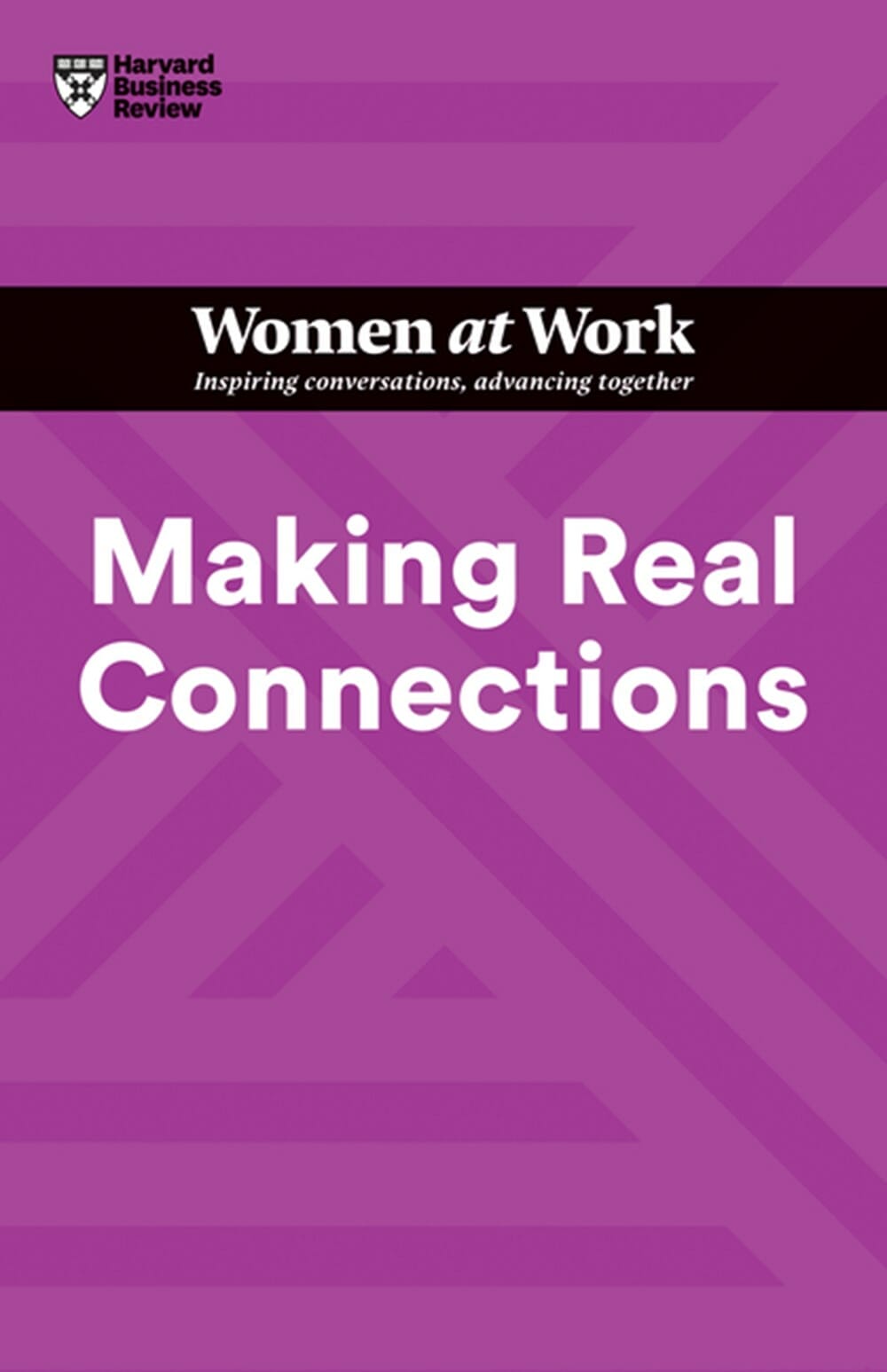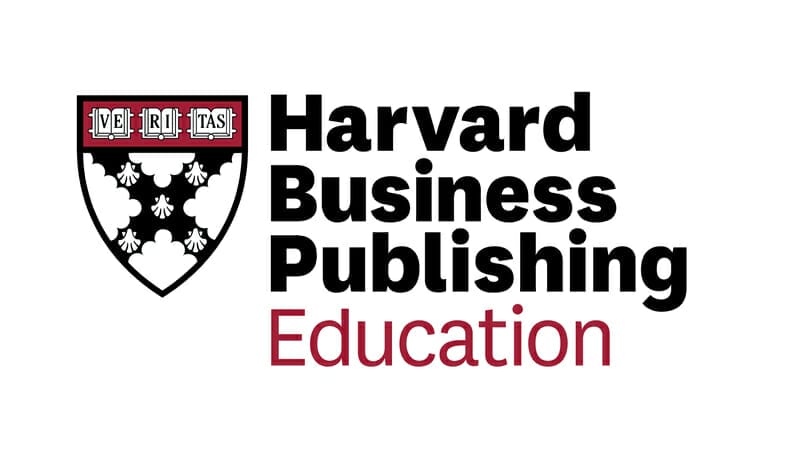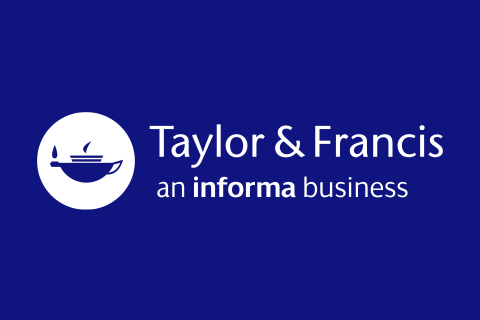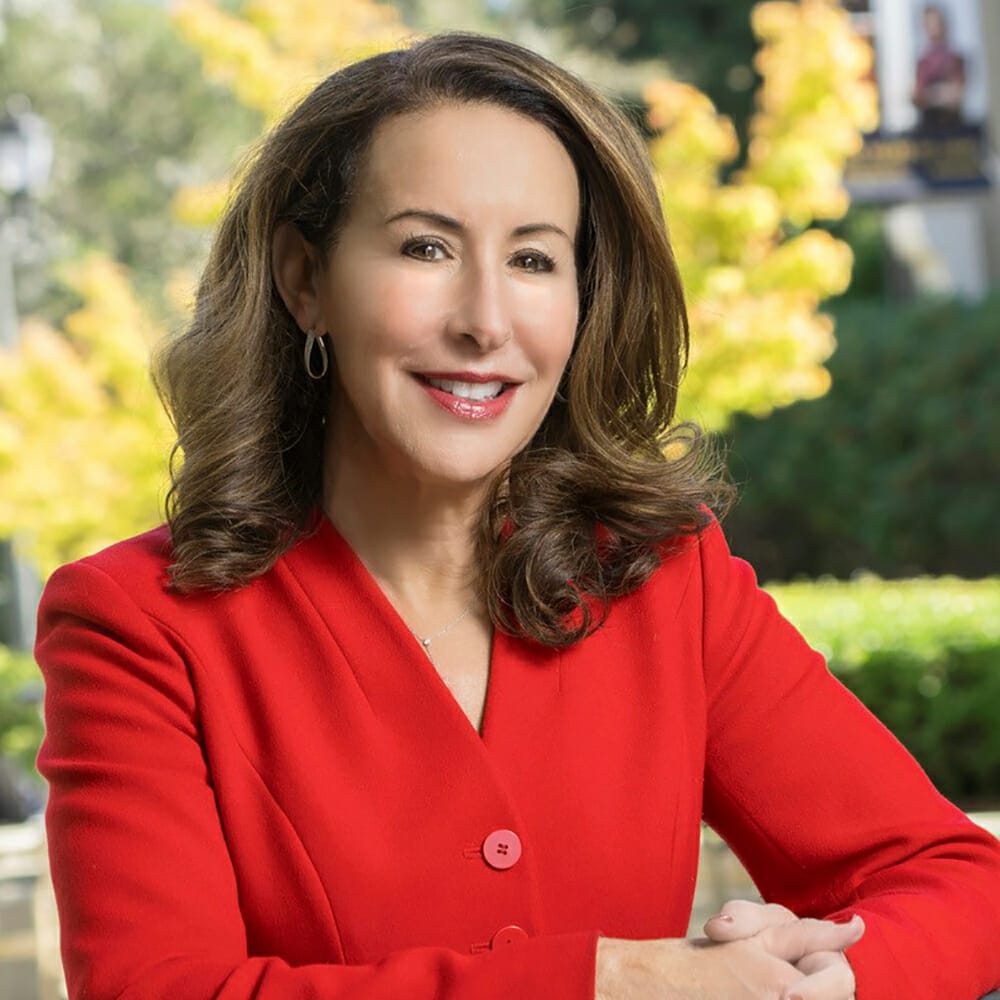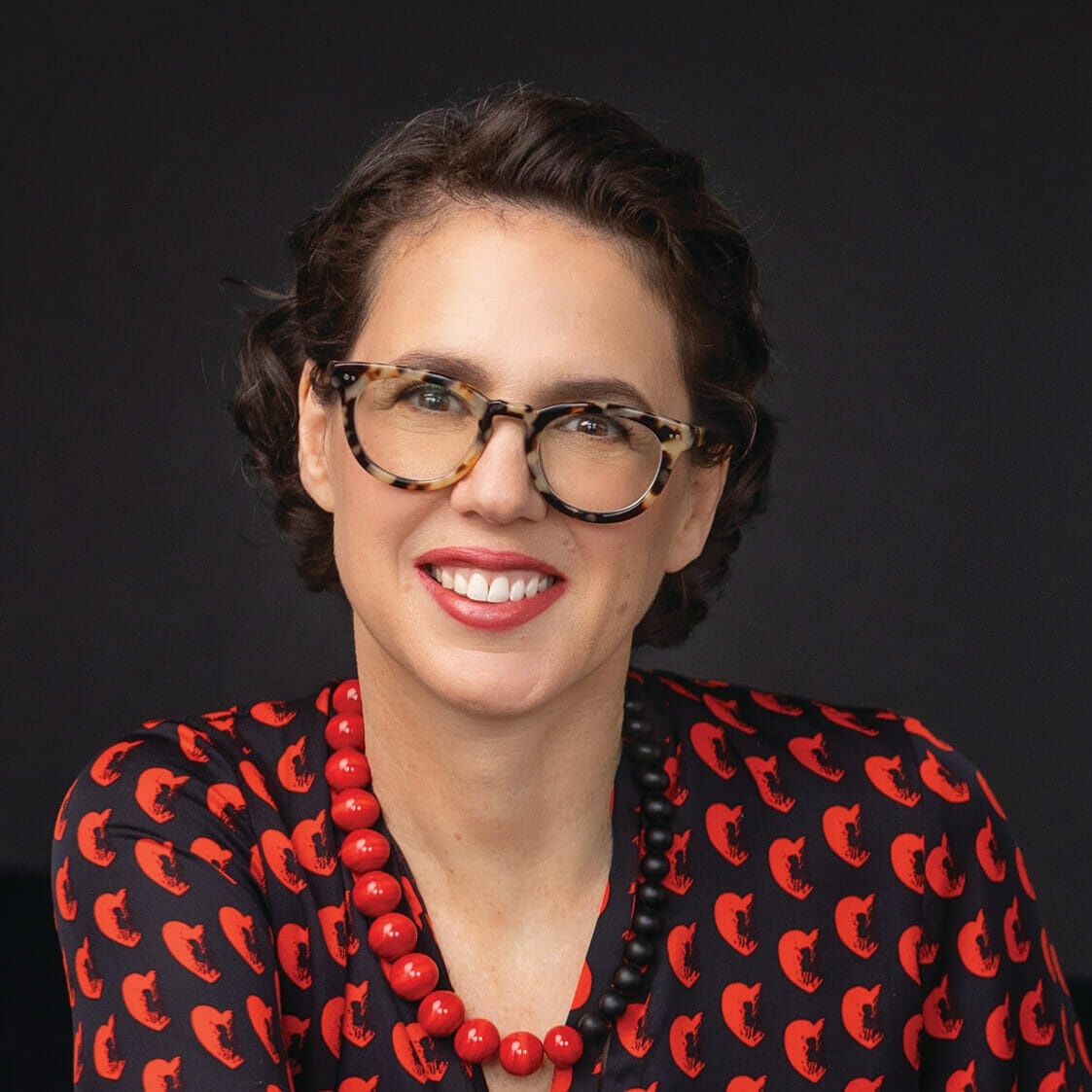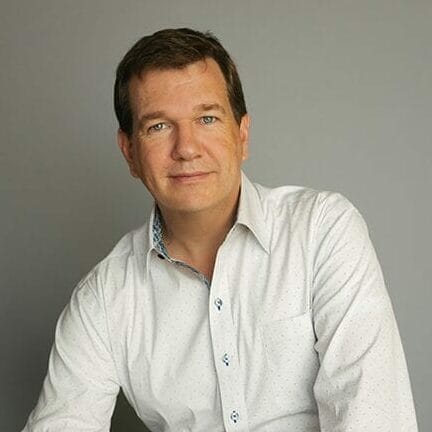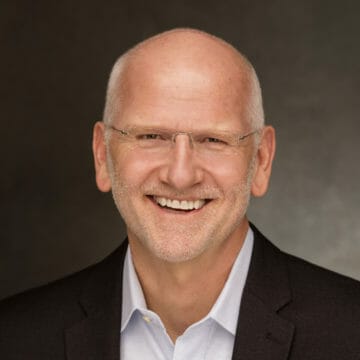Videos
Learn More About Amy Edmondson
At no other point in recent history has psychological safety been more important – not only in the workplace, but in every area of society. Such an environment requires leaders across sectors to reconsider the rules and tools they apply when managing teams. As they work on strategies to successfully move business forward, they must also address the elevated concerns employees now have around physical safety, job security, mental health, family life and isolation. All of these pressing issues make the important work of Harvard Business School professor Amy Edmondson, Ph.D., even more timely and relevant.
Edmondson, a renowned expert on organizational learning and leadership who has twice been named the #1 ranked management thinker in the world by Thinkers50, has been studying psychological safety and workplace behaviors for more than 20 years. During that time, her work has helped major firms vastly improve performance by building an environment of psychological safety, transparency and collaborative teaming, which ultimately leads to more effective operations, more engaged employees and a healthier bottom line. She shares a handful of representative case studies in her 2018 bestselling book, “The Fearless Organization: Creating Psychological Safety in the Workplace for Learning, Innovation and Growth.”
As the Novartis Professor of Leadership and Management at Harvard Business School – a chair established to support the study of human interactions that lead to the creation of successful enterprises – Edmondson helps organizations identify barriers to success that are often hidden inside a workplace culture by ensuring people feel safe to speak up about problems they see and to offer suggestions for doing things better, without fear of reprisal.
“Absent data on what’s not working, it’s all but impossible to know what to fix and how to fix it. No data, no progress,” wrote Edmondson in a March 2020 Harvard Business Review article. “It takes courage to choose transparency — and wisdom to know that the choice is the right one for achieving the goals that matter to all.”
Turning Setbacks into Stepping Stones: A New Perspective on Failure
Amidst the rapidly evolving business landscape, the path to growth often lies in places least expected. In her bestselling book, “Right Kind of Wrong: The Science of Failing Well“ (Atria Books, September 2023), which won the Financial Times and Schroders Business Book of the Year 2023, Edmondson proposes a refreshing perspective, where certain kinds of failures aren’t viewed as setbacks but as invaluable learning opportunities. These “intelligent failures,” as she dubs them, are the vital stepping stones that lead to innovation and discovery. Diving deep into the distinction between intelligent, basic and complex failures, she explains the proactive steps that can prevent harmful failures in the future. Kind and empathetic, she demonstrates to organizations how they can shift their mindsets and behaviors to support competitive advantage and success in an uncertain environment.
Over the years, Edmondson and her colleagues have conducted numerous studies showing the progress made at companies where problems were brought to light and highlighting the catastrophes that ensued when they were not. The results further confirmed that organizations that foster speaking up are more effective in dealing with challenges of every kind.
While any organization can be classified as a complex, error-prone system, Edmondson sees hospitals as particularly revealing case studies in that the stakes are high and the processes are complex. One of her cases involved a hospital setting rife with finger-pointing and blame that made it extremely difficult for anyone to speak up about mistakes and problems. Edmondson documents how a new COO worked to shift the culture by reframing the language around problems, changing words like “error” to “accident” and “investigation” to “study.” This moved failure analyses from an exercise in “who did it?” to a neutral “what happened?” which, in turn, gave employees a comfort level with reporting problems and superiors the information they needed to address issues and make changes.
“When the bad news starts pouring in — whether reporting crimes in a city, medical errors in a hospital, or new patient cases in a public health crisis — this actually means you’ve jumped over your first hurdle to success,” says Edmondson. “With accurate information, people can turn their attention and skills to the challenges of developing novel solutions to the newly visible problems. Rather than living with false confidence that all is well, leaders and subject matter experts alike can instead get to work on what needs to be done.”
And for those company leaders who believe everything is fine, Edmondson warns that may not be good enough, and certainly won’t be five years from now.
“You can be part of a great organization that is still vulnerable,” says Edmondson. “Leaders must assume around every corner is a potential problem or a chance to do something better. The idea is to flip thinking from ‘we don’t have a problem,’ to ‘how can we improve?’”
Amy C. Edmondson is the Novartis Professor of Leadership and Management at the Harvard Business School. She studies teaming, psychological safety and organizational learning, and her articles have been published in numerous academic and management outlets, including Administrative Science Quarterly, Academy of Management Journal, Harvard Business Review and California Management Review. Her most recent book, “The Fearless Organization,” offers a practical guide for organizations serious about success in the modern economy and has been translated into 11 languages.
Edmondson has been recognized by the biannual Thinkers50 global ranking of management thinkers since 2011, and was ranked #1 in 2021 and 2023; she also received that organization’s Breakthrough Idea Award in 2019, and Talent Award in 2017. She was also named the 2021 Champion of Talent Development by the Association of Talent Development (ATD). Her prior books – “Teaming: How Organizations Learn, Innovate and Compete in the Knowledge Economy” (Jossey-Bass, 2012), “Teaming to Innovate” (Jossey-Bass, 2013) and “Extreme Teaming” (Emerald, 2017) – explore teamwork in dynamic organizational environments. In “Building the Future: Big Teaming for Audacious Innovation” (Berrett-Koehler, 2016), she examines the challenges and opportunities of teaming across industries to build smart cities.
Edmondson received her Ph.D. in organizational behavior, AM in psychology and AB in engineering and design from Harvard University. Before her academic career, she was Director of Research at Pecos River Learning Centers, where she worked on transformational change in large companies, and in the early 1980s, she worked as Chief Engineer for the legendary architect/inventor Buckminster Fuller.
Amy Edmondson is available to advise your organization via virtual and in-person consulting meetings, interactive workshops and customized keynotes through the exclusive representation of Stern Speakers & Advisors, a division of Stern Strategy Group®.
Unlocking Growth Through Intelligent Failures: The Strategic Advantage of Embracing Fallibility
The hyper-competitive business landscape has leaders trapped in a dilemma: embrace risks and the inherent possibility of failure, or avoid them and stagnate? Harvard Business School professor and bestselling author Amy Edmondson says while most missteps can be avoided, intelligent failures are gold mines of learning and innovation. As she explains in her bestselling book “Right Kind of Wrong: The Science of Failing Well” (September 2023), leaders can transform their perspective on setbacks by embracing the intelligent failures that are vital to innovation. She likewise uncovers how basic and complex failures can reveal and prevent future recurrences. With Edmondson’s approach, leaders and teams gain specifically tailored practices, skills and mindsets for taking smart risks and using their inevitable mistakes as springboards for profound learning and competitive differentiation.
Want to Improve Your Organization? Make It Fearless
When looking to improve operations, organizational leaders have a powerful tool at their disposal, more valuable than focus groups and surveys combined: their employees. Leaders just need to nurture an environment where employees feel safe and empowered to share their thoughts, point out problems and, ultimately, be more innovative. For over 20 years, Harvard Business School professor Amy Edmondson has been studying how workplace behaviors affect performance. Her research confirms that organizations that create paths for speaking up are more effective in dealing with challenges of every kind, and markedly improve performance across the board, including the bottom line. Edmondson calls this an environment of psychological safety, and when working with firms to identify barriers to success that are often hidden inside a workplace culture, she employs the well-researched methodologies outlined in her bestselling 2018 book, “The Fearless Organization.” Through keynotes, workshops and confidential advisory meetings, Edmondson teaches organizations how to continuously improve performance by fostering a culture of psychological safety in which problems can be identified and addressed in an atmosphere of learning, cooperation and teamwork.
Leadership in the Face of Uncertainty
Teaming is the process of communicating and coordinating with people who differ in expertise, geography, or hierarchy. In this session, Harvard Business School professor Amy Edmondson teaches participants how to help people in their organization overcome barriers to teaming, including interpersonal fear, irrational beliefs about failure, and information hoarding. Audiences will learn an approach to leadership that fosters psychological safety and better, more productive collaboration, especially when bringing people together from different backgrounds to solve new and complex problems.
Teaming Toward Innovation Breakthroughs
In today’s fast-moving, 24/7 business world, people are increasingly working with off-site team members, many of whom are located across towns, countries and time zones, and often tackling projects on the fly. Some may even speak other languages, use unfamiliar terms and have completely different value systems. In the context of her work with major firms, Harvard Business School professor Amy Edmondson views teaming as a verb, an activity that happens when disparate stakeholders come together to create, innovate, solve problems and make decisions, usually around complex projects with many moving parts and high-pressure deadlines. During her 20-plus years studying workplace behaviors, Edmondson has developed and implemented successful teaming methodologies built around such factors as open-mindedness, humility, curiosity and willingness to listen, learn quickly and take risks. Through workshops, keynotes and advisory meetings, she teaches leaders and team members at organizations how to use these tools to “team” more effectively, efficiently, creatively and cooperatively in order to improve individual and organizational performance.
Leading Through Crisis: Leveraging Teaming to Solve Problems and Innovate
In 2016, Harvard Business School professor Amy Edmondson co-authored a now prescient book called “Building the Future: Big Teaming for Audacious Innovation.” The themes she covers are even more relevant today as organizations often must use cross-sector collaboration to reframe operations in response to a rapidly changing world. In this talk, Edmondson discusses the value of successful teaming in a crisis and shares methods and exercises she’s developed during her more than 20 years of research into workplace behaviors and learning to help bridge the “culture clash” that frequently thwarts collaboration among diverse experts. Edmondson sees leadership as extremely critical during a crisis, pointing out that successful changes do not and will not happen spontaneously. During her keynotes, workshops and advisory meetings, she shares concrete tools leaders and their teams can use to innovate when faced with disruption so they can envision and create a more robust future.

Cross-Boundary Collaborations in Cities: Where to Start
(Stanford Social Innovation Review, July 2023)

Elements of Improving Quality and Safety in Healthcare: Workplace Conditions
(Cambridge University Press, January 2023)

Joint Problem-Solving Orientation in Fluid Cross-Boundary Teams
(Academy of Management Discovery, September 2021)
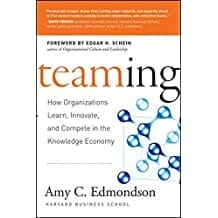
Teaming: How Organizations Learn, Innovate, and Compete in the Knowledge Economy
(Jossey-Bass Pfeiffer, August 2014)
Harvard Business School professor Amy Edmondson has been studying psychological safety and workplace behaviors for over 20 years. During that time, she has helped major firms improve performance by building an environment of psychological safety, transparency and collaborative teaming.
Engage Amy virtually or in-person via:
Keynotes
Amy introduces new concepts, principles and frameworks to larger groups of attendees who can view a live or pre-recorded presentation from anywhere in the world. Keynotes are customized to meet the needs and goals of your organization. In addition to a post-keynote Q&A session, a fireside chat format gives participants a more in-depth and personal look at “why does this matter to me?” It also gives key executives an opportunity to engage with the material and commit to delivering it company wide. Amy’s keynote sessions are typically 60-90 minutes in length including Q&A.
Interactive Workshops
Once participants learn the principles during an initial engagement, how will they activate them so they can create change within their own divisions, markets and regions? Interactive workshops offer leaders and teams an opportunity to learn Amy’s proprietary tools and frameworks then apply them to existing challenges in a facilitative environment.
Executive Advisory Sessions
Give key decision makers confidential access to Amy’s expertise so they can address specific challenges and develop a plan for change, from inspiration to ideation to implementation. These one-on-one or small group engagements provide much greater value than a traditional management consulting firm. Amy guides leaders from the beginning to the end of the process, and arrangements can include surveys, monthly check-ins, and/or troubleshooting.
Ask us about Amy Edmondson’s hands-on experiences that take learning beyond the boardroom.
Professor Amy Edmondson’s customized workshops offer leaders and their teams a unique opportunity to work closely with her to discuss and apply her methodologies related to building a culture of innovation, characterized by psychological safety, teamwork, candor, and an orientation toward problem-solving. Attendees bring their challenges and goals and work toward solutions in a collaborative setting. Edmondson employs modules that allow for question and answer periods and extended discussions mainly focused on how to improve organizational and individual performance.
Leadership and Team Simulation: Everest V3
This award-winning simulation uses the dramatic context of a Mount Everest expedition to reinforce student learning of group dynamics and leadership. The 3 hour program includes the simulation, a debriefing session, and an interactive lecture. Contact us to learn more.
“Amy was a slam dunk – I’m not sure we could have chosen a presenter who would have resonated more. Her affability and compelling message combined to win over some very tough customers (our founders) who had expressed deep concerns about her subject matter in the days before the meeting. In the end, they declared themselves converts, invited her to lunch, took a selfie and promised to keep in touch – we couldn’t believe it! Moreover, our meeting attendees (150 senior-most VPs) rated her session the most valuable all of the sessions at our 1.5-day meeting. And anecdotally, we have already heard about leaders referencing her message and approaching their meetings in slightly different ways.”
“The Fearless Organization is a modern masterpiece ― useful, timeless, and a delight to read. Amy Edmondson’s weave of studies, stories, and insights from her decades of research shows why psychological safety is the key ingredient for creating high-performing, humane, and resilient workplaces. This gem is packed with steps that leaders can take so people feel compelled to share mistakes and concerns ― confident they won’t be humiliated, ignored, or blamed for speaking up.”
“Organizations today depend on talent, but there are many reasons that talent alone is not enough. The only way human capacities can truly flourish is in an atmosphere free of fear. Amy Edmondson has devoted 20 years to understanding psychological safety in organizations ― and in this timely, important book she shares what she’s learned. She identifies the ways fear can stifle creativity and teamwork ― and then offers smart, practical advice for overcoming these obstacles and building an organization free of fear. This is a book that every leader should read and heed.”
“Before Google discovered it, and before the idea became a mainstream meme, Amy Edmondson discovered something really important about high performing teams: the people in them felt that they could raise difficult, risky, or controversial ideas without the fear of being shut down or punished. She called it ‘psychological safety,’ and pioneered approaches to making it a reality in hundreds of teams. It is an idea whose time has triumphantly arrived. Edmondson’s new book is your guide to it.”
“The overwhelming message of Amy’s book is this: leadership calls us to create workplaces where people feel safe to share ideas and mistakes are embraced as opportunities to learn. Build an organization free of fear and watch remarkable things happen. Not only is it the right thing to do, it’s the ultimate competitive advantage!”
“The importance of psychological safety in organizational life has been known for a long time, but only now do we have a roadmap of how to get there through this book’s thorough analysis of how to build organizations that actually create psychological safety for all employees at all levels, and, thereby, ensure higher quality performance, more safety, and, most importantly, more learning. Psychological safety will not only be desirable but absolutely necessary as organizations become more complex and more dependent on the commitment of all their members. This book makes the case through a thorough review of relevant research and illustrates all of its main points through powerful stories from a broad variety of organizations.”
